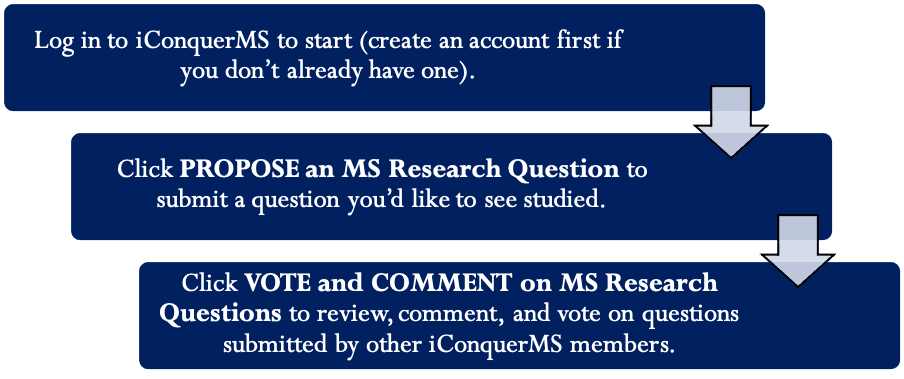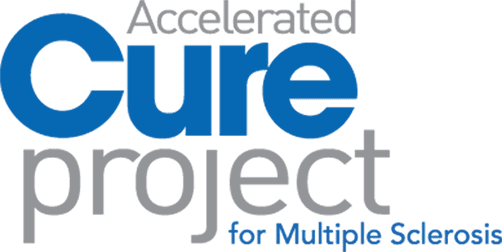Research opportunity and event information may be provided on behalf of an external organization. Please refer to the contact information within each listing to identify the contact for questions or comments.



Have you ever used a mobile app to manage your MS? Researchers would like to hear from you!
A research team at Kadir Has University in Turkey is conducting a study about mobile applications designed for MS management. Their goal of this research is to understand the value that these apps provide to people with MS so that future tools can be more relevant and effective. This is an international study taking place in Turkey, Germany, Serbia, Canada, the UK, Australia, and the USA.
The researchers have developed a short 10-minute survey for people with MS. If you have ever used an app to manage your MS, you are invited to take the survey:
For any questions about the study, please email Ece Yılmaz Kozlu at ece.kozlu@stu.khas.edu.tr.



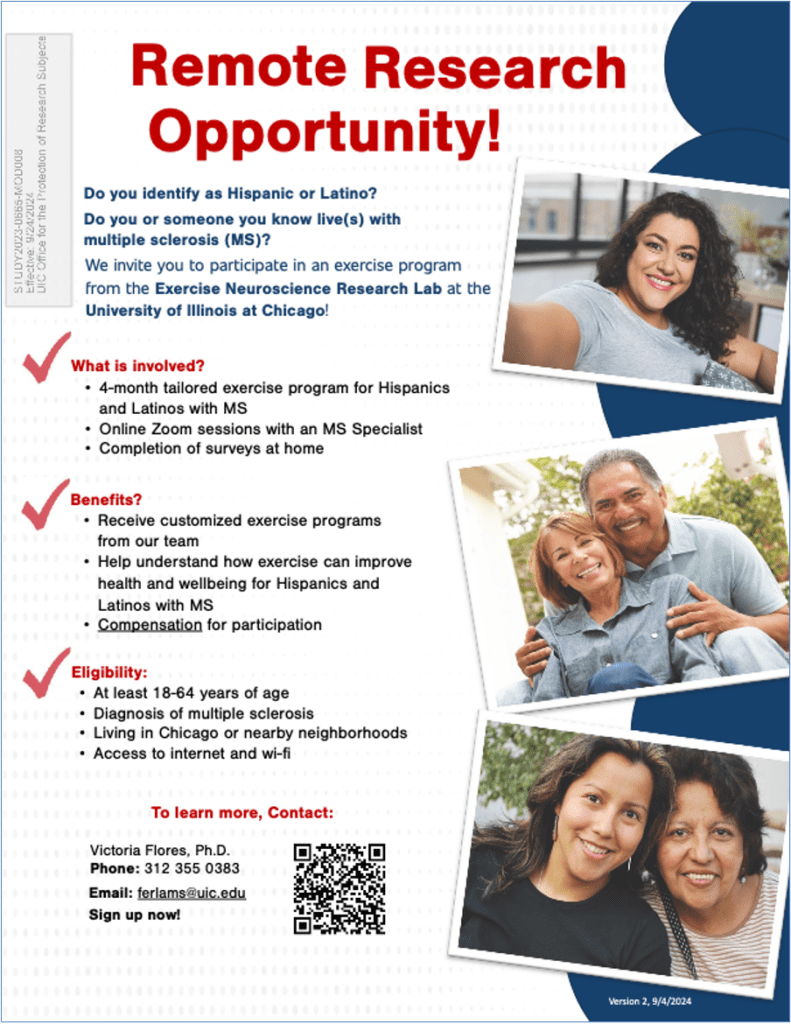

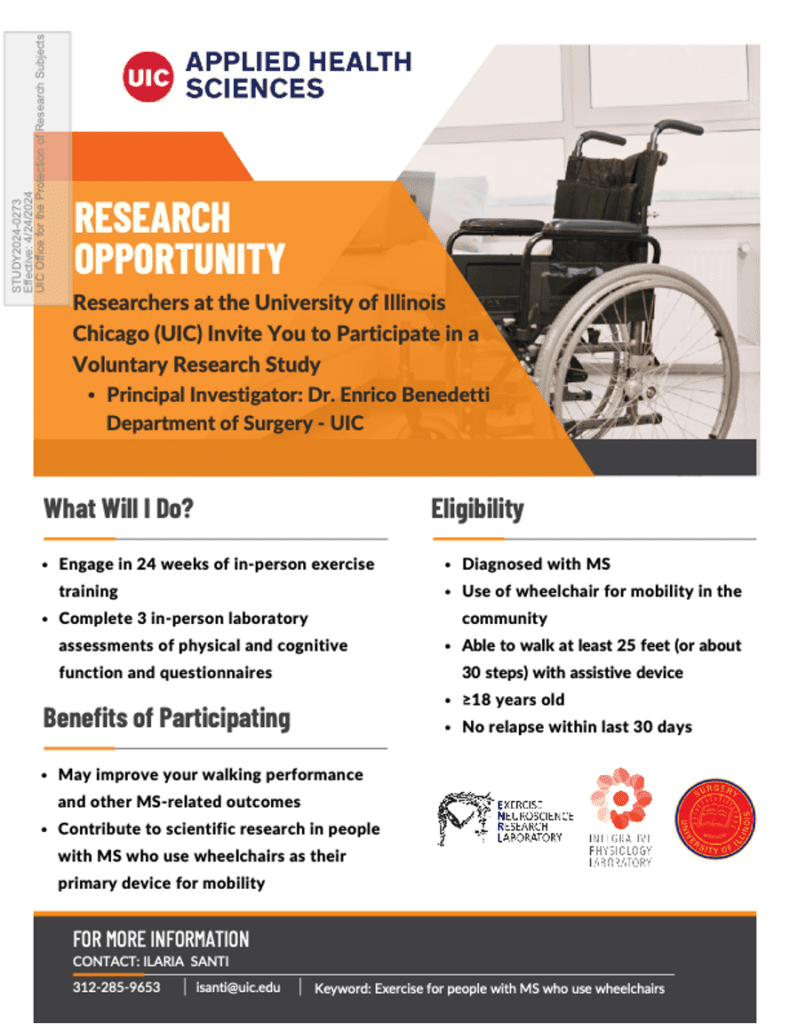





A new clinical trial for adults with relapsing or progressive forms of MS
A new clinical trial for MS is open for adults with relapsing or progressive forms of MS. This trial is evaluating a type of immune cell therapy called “chimeric antigen receptor (CAR) T cell therapy” for use in MS. The sponsor of the trial is Bristol Myers Squibb and there are 30 participating sites located throughout the US and Europe.
What is CAR T therapy?
This study is evaluating a new type of therapy, not yet approved for MS, that involves modifying the immune system. This therapy is called chimeric antigen receptor (CAR) T cell therapy.
T cells are a kind of white blood cell that attacks foreign invaders in the body.
In CAR T cell therapy, T cells are removed from a person’s blood, and then, at a laboratory, the T cells are modified so that they target and attack the cause of disease symptoms. Next, these T cells, now called CAR T cells, are multiplied in the laboratory and returned to the same person’s bloodstream through an infusion at a later time.
CAR T cell therapy is being evaluated for use in many autoimmune conditions. It has been a promising option for several types of cancers and is FDA approved as a therapy for leukemia, lymphoma, and multiple myeloma.
Researchers believe that, when used to address relapsing or progressive MS, CAR T cell therapy may help the body destroy malfunctioning immune cells, potentially leading to MS improvement or remission.
About the CA061-1006 study
This study is evaluating the safety of an investigational CAR T cell therapy in adults with relapsing or progressive forms of MS. About 98 individuals will be enrolled in this study. Everyone who enrolls and is eligible will receive the CAR T cell therapy – there is no control group in this study.
Participation will last just over two years and consist of three main periods.
Pre-study treatment period (around 2 weeks)
Tests and procedures to check eligibility
Discontinuation of any MS disease-modifying therapies
Collection of T cells from the bloodstream to be modified into CAR T cells
Study treatment period (around 5 weeks)
One single chemotherapy treatment to reduce certain types of immune cells so that they do not attack the CAR T cells
Infusion of the CAR T cells into the bloodstream
Additional 14-day period for more testing at the study site; requires staying within a one-hour drive of the study site
Study follow-up period (2 years, or longer for those who joino an optional long-term follow-up phase)
Periodic visits to the study site for testing
Periodic phone calls with the study staff
You will not be responsible for study-related costs, such as visits, laboratory tests, and procedures. You will also be eligible for reimbursement for costs, like time, travel, or transportation, depending on your location. The trial sponsor will cover the costs of lodging and possible other expenses for participants and needed care-partners who do not live within an hour drive of the study site.
Who is eligible for the study?
Eligible participants who have relapsing MS must:
Be 18 to 50 years of age
Have a diagnosis of relapsing-remitting MS or active secondary progressive MS
Have experienced either an MS relapse or one or more new MRI lesions in the previous 12 months
Eligible participants who have progressive MS must:
Be 18 to 60 years of age
Have a diagnosis of primary progressive MS or inactive secondary progressive MS
Participants must NOT have any active autoimmune disease (other than MS) requiring immunosuppressive therapy.
There are other eligibility criteria as well which you can discuss with the study team.
Where can you learn more about this study?
For more information about the CA061-10096 study, please click here.

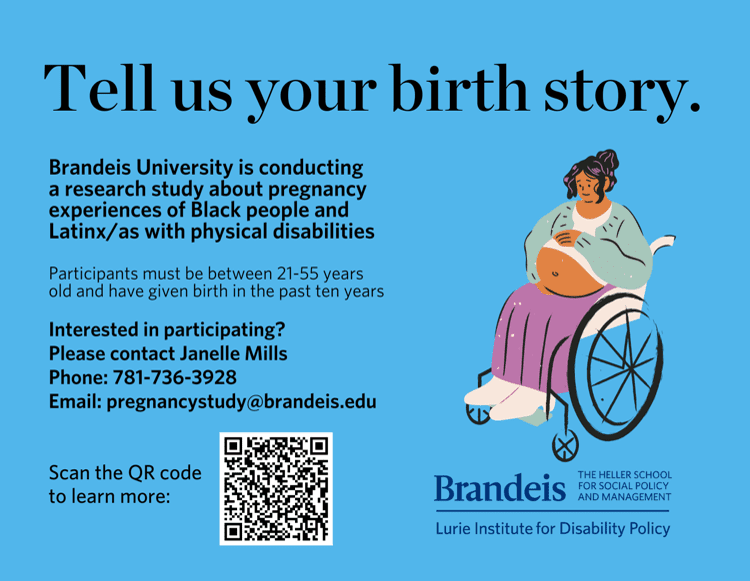
Participants will be offered a $50 Amazon gift card for completing the interviews.
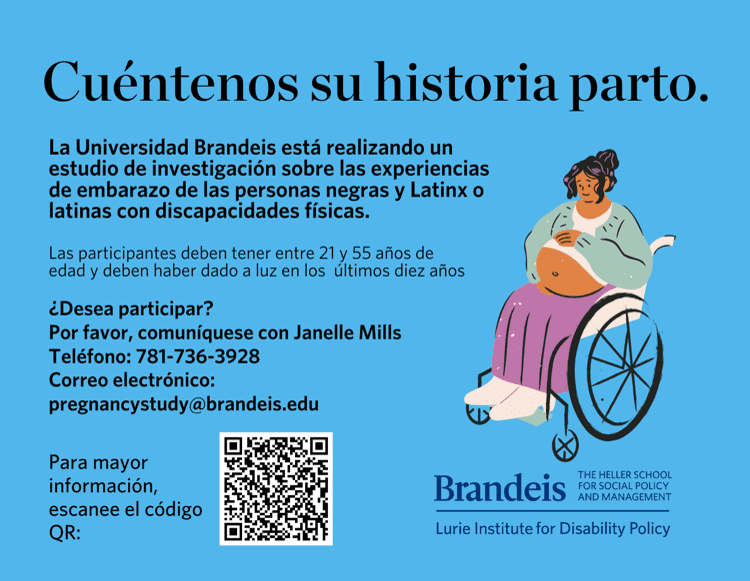
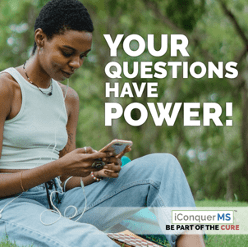
A new topic for the Our Questions Have Power program!
When it comes to MS symptoms and how to manage them, what questions are most important to you? What symptom-related topics do you wish researchers were studying? Your questions are valuable and we invite you to share them through the Our Questions Have Power program on the iConquerMS website.
The Our Questions Have Power program was launched in March 2021 with an initial focus on COVID-19. Questions submitted by iConquerMS members have helped shape the COVER-MS vaccination study and are being shared with the research community to guide other efforts.
We’re now extending Our Questions Have Power to include a second topic: MS symptoms and their management and treatment. As before, you’re invited to share questions on this topic that you think should be studied and to vote on questions submitted by other iConquerMS members. We’ll share these questions with people affected by MS, researchers, healthcare professionals, advocates, and funders – and, together, we’ll work to launch research studies to answer those questions.
It’s easy to share your ideas and input in Our Questions Have Power!
